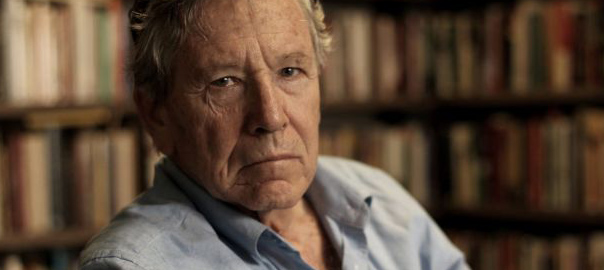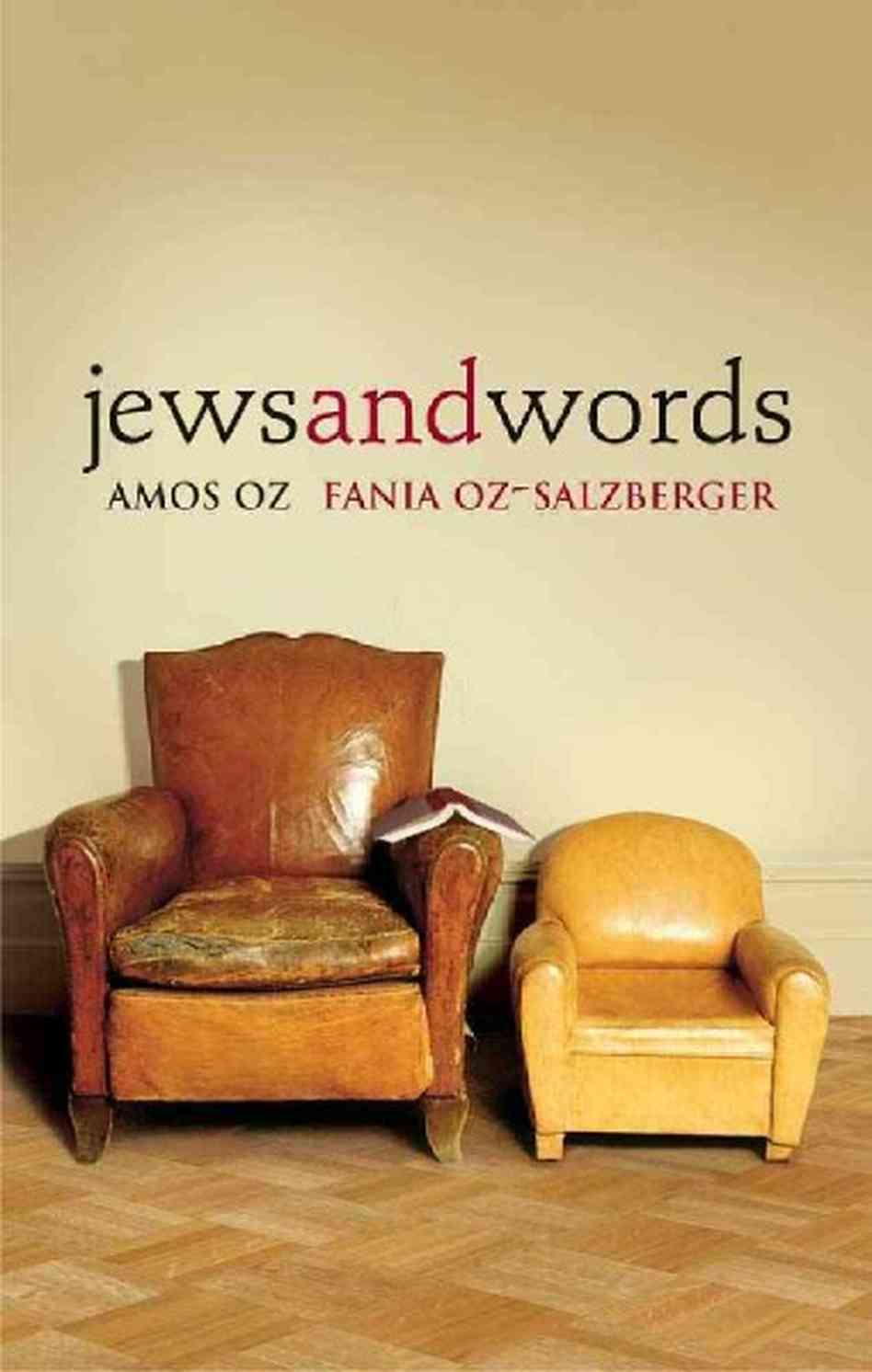Book Club: Jews and Words

Our Book Club meets once again on Sunday, December 29, at 10:00 am to discuss, Jews and Words by Amos Oz and Fania Oz-Salzberger, a non-fiction book by the famous Israeli novelist and his daughter about why words have been so important to Jews throughout history.
 A lively, often charming combination of history, mythical narrative, illuminating literary analyses, and jokes, this book of “conversational essays” between father and daughter gives us a particular overview of how two self-described Jewish atheists’ approach and interpret what it means to call oneself a Jew. Although “Jews and Words” is described as a dialogue, sometimes “argumentative,” between Amos Oz, the internationally renowned Israeli novelist and his daughter Fania Oz-Salzberger, an accomplished professor of history and philosophy at the University of Haifa, I never discerned any distinct difference in their views, only one between the authors and Orthodox Jews in Israel, whom the Ozes imply want to read both of them out of the Jewish community by reducing Judaism to religion only.
A lively, often charming combination of history, mythical narrative, illuminating literary analyses, and jokes, this book of “conversational essays” between father and daughter gives us a particular overview of how two self-described Jewish atheists’ approach and interpret what it means to call oneself a Jew. Although “Jews and Words” is described as a dialogue, sometimes “argumentative,” between Amos Oz, the internationally renowned Israeli novelist and his daughter Fania Oz-Salzberger, an accomplished professor of history and philosophy at the University of Haifa, I never discerned any distinct difference in their views, only one between the authors and Orthodox Jews in Israel, whom the Ozes imply want to read both of them out of the Jewish community by reducing Judaism to religion only.
Paraphrasing the medieval rabbi and philosopher Saadia Gaon, who said that Jews were a nation by virtue of the Torah, the authors claim that a nation is a nation only by virtue of its texts. The Jews were a people not because we thought or believed “so and so.” Instead, “we were a people because we read so and so.” Or as they put it repeatedly, ancient Israel was a fully developed, literate, political and legal civilization, not a mere grouping of “co-religionists.” In this elaborate culture, words counted most, and “God” was only one of them.
That Jews and words are inextricably intertwined is well known. Jews talk a lot and they are disputatious. From the time of Abraham they not only argued among themselves, but as the Torah, Talmud and oral tradition suggest, they had scholarly debates even with the Almighty. I don’t know who did the counting, but the authors note tellingly that verbs signifying “speak,” “say” or “talk” appear more than 6,000 times in the Hebrew Bible, whereas the verbs “make” or “do” show up fewer than 2,000 times.
“Ours is not a bloodline,” father and daughter write, and while both in passing demonstrate respect for faith, they insist that the “line” is not religious either. It is, instead, a “text line” beginning with the Torah and running through the Mishnah, Talmud and “innumerable other books” (rarely named) that were the Torah’s progeny. Though the Ozes describe ancient Jewish literature, with its “sophisticated sense of parable and symbol,” as “breathtaking” and “splendid,” they declare much in that literature irrelevant or downright harmful to life in the modern world. They therefore reserve the right to pick and choose from it – to sweep those things they judge regressive and worse into the dustbin of history, while saving what they see as supportive of the quest for freedom, social justice and individual importance, even self-importance, although individualism, they say, should always be strongly connected to community and communal obligation. They like John Donne’s line that no man is an island unto himself, but go further, saying Jews are better represented as a peninsula, a distinct particularity attached to a larger reality.
Read the full story in Ha’aretz




